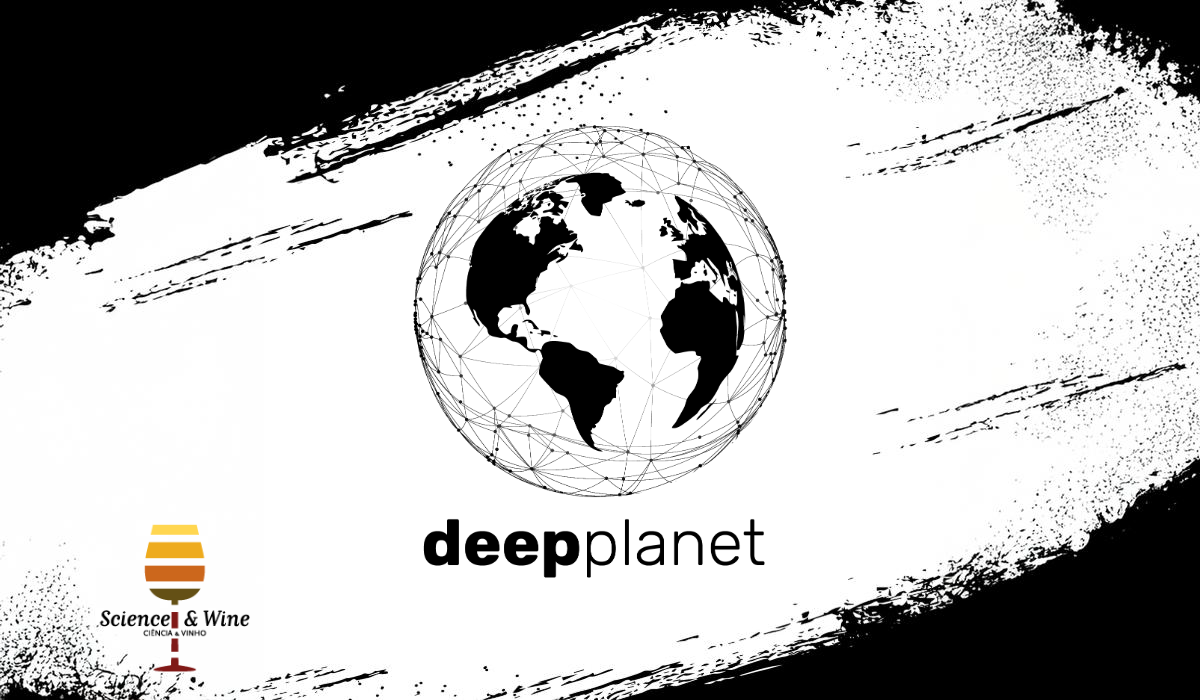Founded in 2018 by Oxford University scientists, Deep Planet is an AgriTech company leveraging artificial intelligence (AI) to address environmental challenges in agriculture, particularly in the wine industry. Their platform, VineSignal, offers precision tools for vineyard management, including optimal harvest timing, yield forecasting, disease detection, precision fertilization, soil carbon sequestration, and smart irrigation. These AI-driven solutions promote sustainability and resource efficiency, helping farmers and winemakers improve crop quality and minimize environmental impact. Deep Planet seeks partners to collaborate on advancing sustainable agriculture globally.

4th Science & Wine World Congress – Energy, sustainability, and green transition in wine and olive oil production
The 4th Science & Wine World Congress, scheduled for May 28-30, 2025, in Porto, will gather experts and stakeholders in energy, sustainability, and agriculture. This year’s congress, held under the University of Porto’s auspices, will spotlight sustainable practices and the green transition in wine and olive oil production. Selected to coincide with World Energy Day on May 26, the congress emphasizes the significance of green energy solutions for these industries. Attendees can explore energy-efficient practices like renewable energy use, precision agriculture, and waste heat recovery, as well as innovative technologies like digital labeling and smart farming. These advancements not only reduce environmental impacts but also enhance product quality and efficiency.

Low-Alcohol and Nonalcoholic Wines: From Production to Cardiovascular Health, along with Their Economic Effects
The emergence of nonalcoholic wines is driven by health, economic, and social factors, meeting growing consumer interest in healthier lifestyles. The health benefits of low-alcohol and nonalcoholic wines, particularly cardiovascular health, are increasingly recognized. Winemakers can diversify their product lines using these alternatives, extend their customer base, and contribute to public health. Advanced production techniques such as vacuum distillation, spinning cone columns, and reverse osmosis reduce alcohol content without compromising quality. The expanding market for low-alcohol wines offers significant growth opportunities, enabling winemakers to diversify their revenue streams and enhance profitability. Evolving regulations, especially in Europe, emphasize transparency in labeling and nutritional information, aligned with consumer preferences. Incorporating low-alcohol and nonalcoholic wines is a strategic move for winemakers, ensuring competitiveness and relevance in a changing market.

Management practices, and not surrounding habitats, drive bird and arthropod biodiversity within vineyards
This post is about a paper that concluded that individual management practices are more influential on vineyard biodiversity than the habitat context, overall management regime, or certification status. This study recommends that sustainability accreditation schemes focus on reducing the ecotoxicity of agrochemicals used and encourage the promotion of higher ground vegetation cover by reducing herbicide use to benefit vineyard biodiversity.

Attitudes towards natural wines among Spanish winemakers: Relationship with environmental awareness
this research pioneers in revealing the complex interplay of ecological awareness, sensory perceptions, and market understanding in shaping Spanish winemakers’ attitudes towards NWs. It underscores the need for further research to bridge the gap in consumer and producer perceptions and to address the current asymmetry of information in the wine market. The study’s limitations include its reliance on convenience sampling, suggesting a need for more comprehensive future research designs.
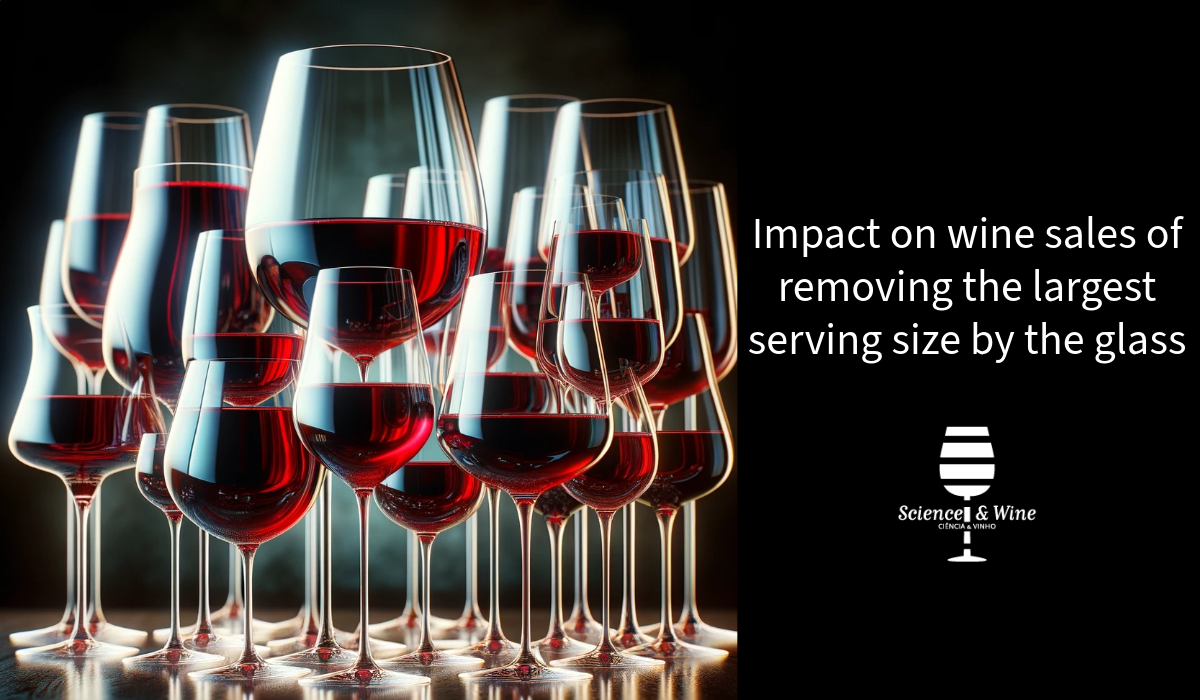
Impact on wine sales of removing the largest serving size by the glass
Alcohol consumption is a major contributor to global morbidity and mortality, necessitating public health interventions. This study, approved by the University of Cambridge, explored the impact of reducing wine serving sizes in licensed premises in England. Employing an A-B-A treatment reversal design, the study involved 21 establishments over twelve weeks, alternating between standard and reduced wine serving sizes. The intervention involved removing the largest serving size of wine glasses, and its effects were measured in terms of wine and beverage sales and total revenue. The findings indicated a 7.6% reduction in wine sales volume without affecting the sales of other beverages or overall revenue, suggesting that smaller serving sizes may effectively reduce alcohol consumption. This approach did not lead to an increase in consumption of other alcoholic beverages or changes in revenue, indicating its potential as a public health strategy. The study’s limitations include its focus on wine sales and its limited generalizability due to the specific context and premises involved. Nonetheless, these findings suggest that reducing serving sizes in alcohol sales could be a promising intervention for public health, meriting further research and consideration in policy-making.
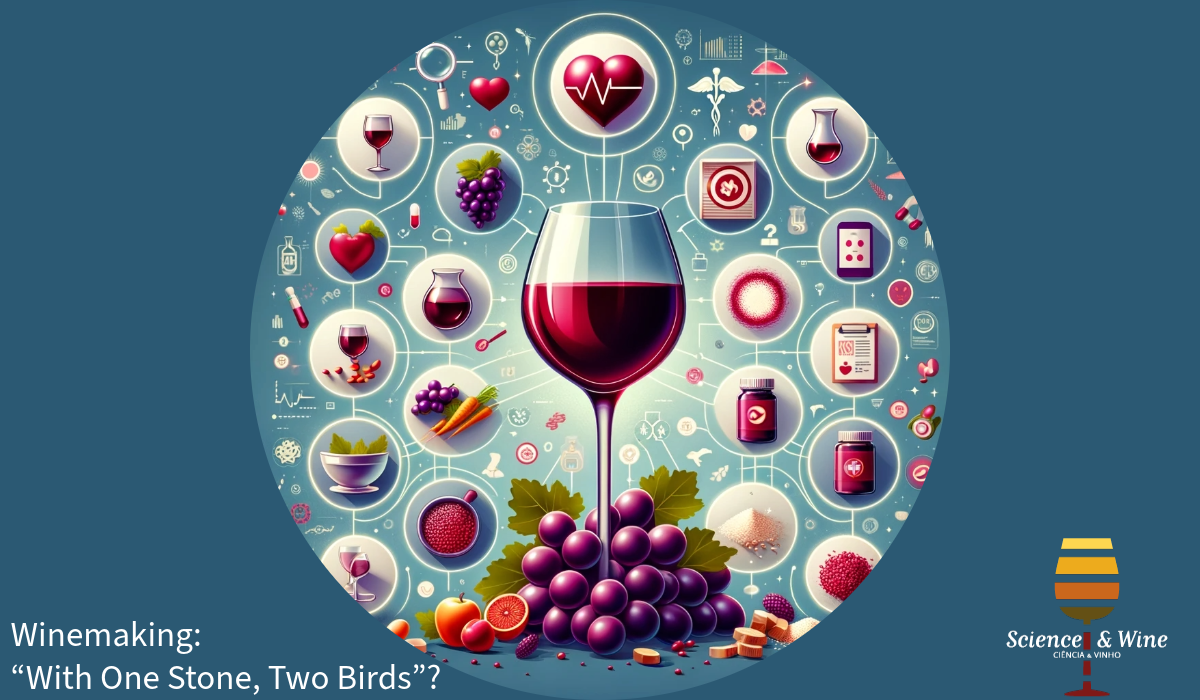
Winemaking: “With One Stone, Two Birds”? A Holistic Review of the Bio-Functional Compounds, Applications and Health Benefits of Wine and Wineries’ By-Products
The paper titled “Winemaking: ‘With One Stone Two Birds’? A Holistic Review of the Bio-Functional Compounds, Applications and Health Benefits of Wine and Wineries’ By-Products” provides a comprehensive review of the health benefits and applications of bio-functional compounds found in wine and by-products of wineries. It explores the nutritional value, bio-functional components, and health-promoting properties of these compounds, particularly their antioxidant, anti-inflammatory, and antithrombotic effects. The paper also discusses the beneficial effects of moderate wine consumption as part of a balanced diet and examines the potential of wineries’ by-products in developing functional foods, supplements, and nutraceuticals. Limitations and future perspectives of these bioactive compounds are also addressed.

Vascular and Platelet Effects of Tomato Soffritto Intake in Overweight and Obese Subjects
The paper titled ‘Vascular and Platelet Effects of Tomato Soffritto Intake in Overweight and Obese Subjects’ focuses on the health benefits of tomatoes, specifically in the form of soffritto, a common ingredient in the Mediterranean diet. The study aims to evaluate the effects of soffritto on platelet activity, vascular endothelial function, weight, lipid profile, and blood parameters in overweight and obese individuals. Overall, the study provides insights into the specific health benefits of tomato soffritto intake in overweight and obese subjects, particularly in reducing platelet aggregation, a key factor in cardiovascular disease prevention.
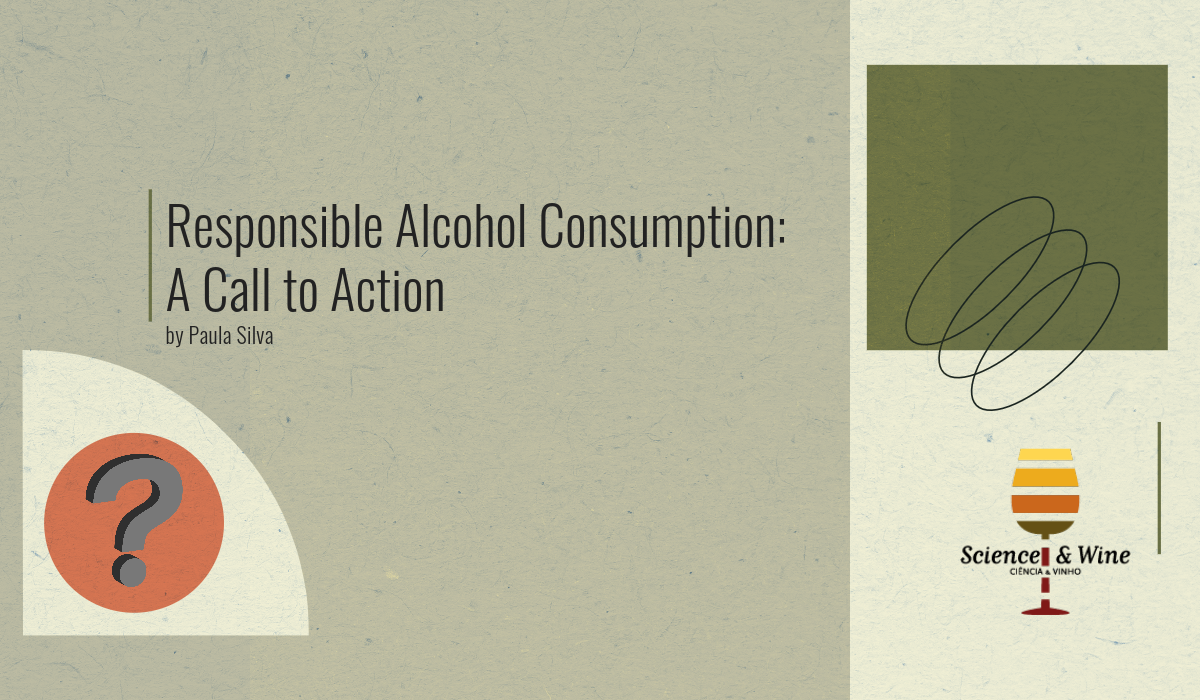
Responsible Alcohol Consumption: A Call to Action
I decided to write this post after reading an article in the Portuguese newspaper, Expresso, which highlighted the negative health effects and cancer risks associated with the consumption of small amounts of alcohol. It is a personal reflection of a woman, mother, teacher, and scientist based on my perspective on the world and scientific evidence. Discussion about alcohol consumption? Yes, but for there to be results, common sense must prevail.
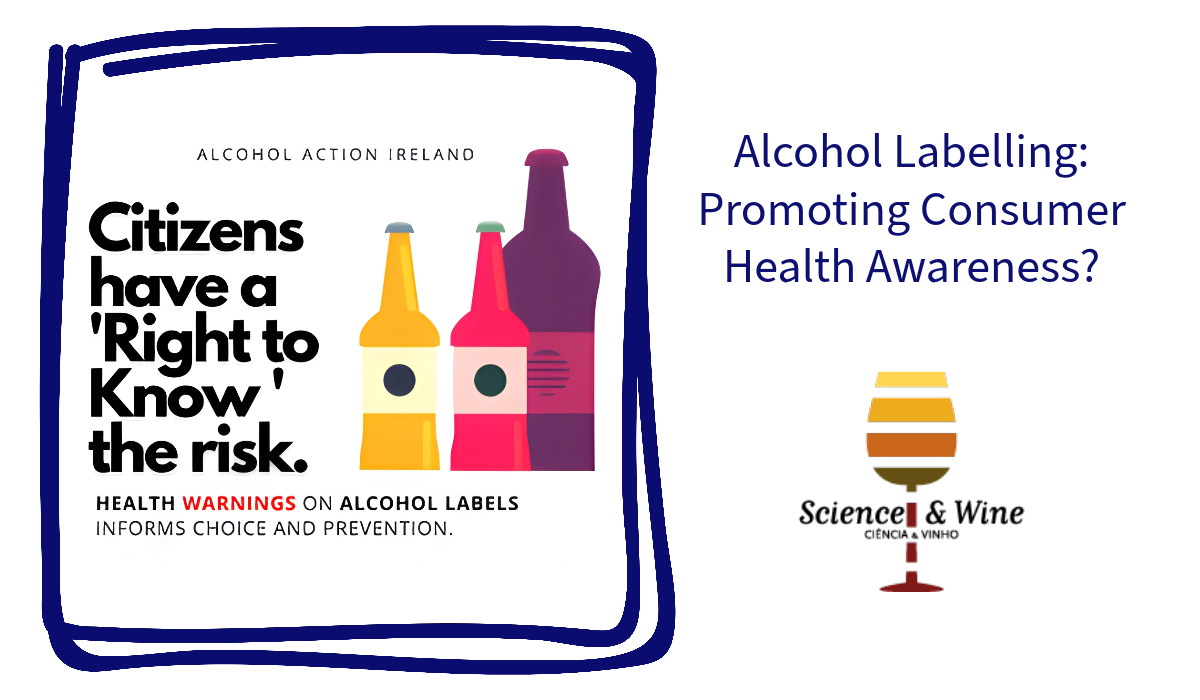
Alcohol Labelling: Promoting Consumer Health Awareness?
Ireland introduced legislation on May 22, 2023, requiring alcohol products to carry health warning labels. This aims to inform consumers about alcohol’s health risks. However, the effectiveness of such labels is debated, especially for wine due to its cultural significance, and according to scientific data beliefs in its health benefits may not be easily influenced by these warnings.

